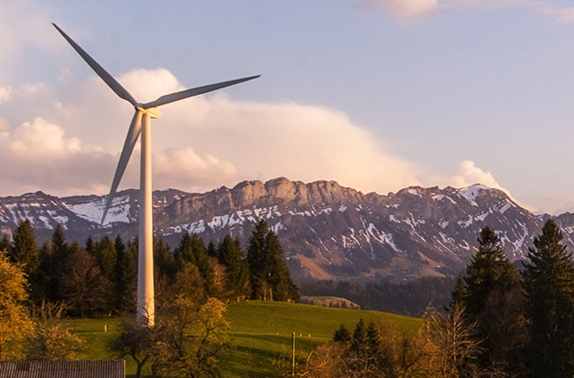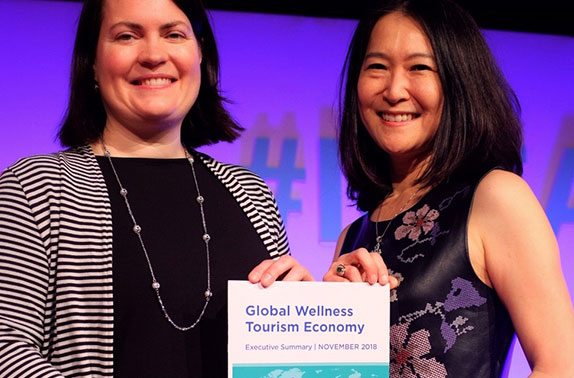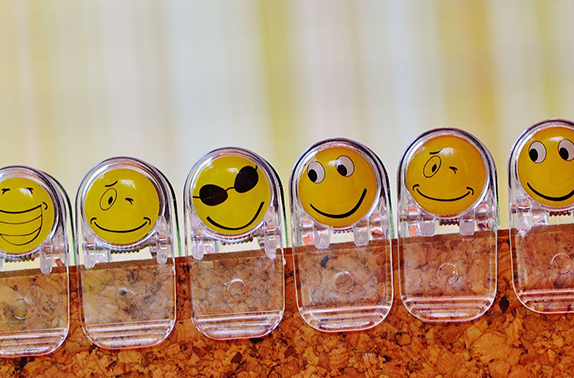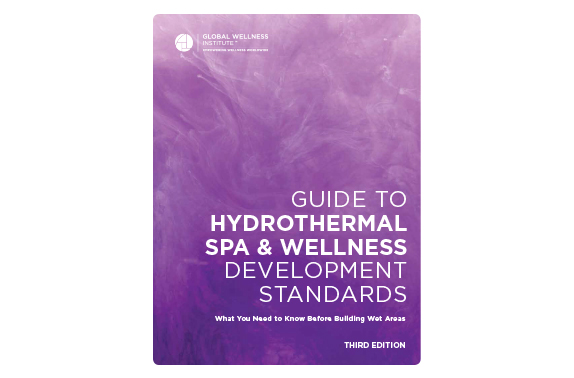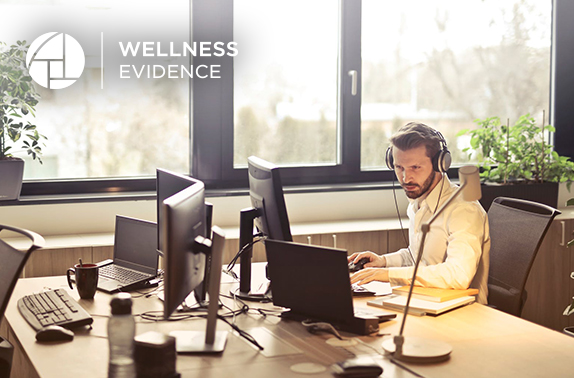By Thierry Malleret, economist Monthly Barometer Recent history shows us that economic growth can’t be truly green, so what are the broad consequences for investors? (1) Any industry or company seen as being particularly damaging to ecology will suffer; (2) Any profitable business perceived as minimizing ecologically bad outcomes while maximizing socially good ones will prosper; (3) Militant environmentalism will radicalize in the future, wreaking…
